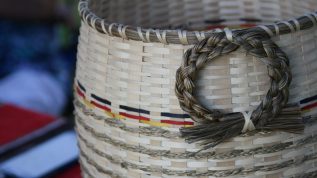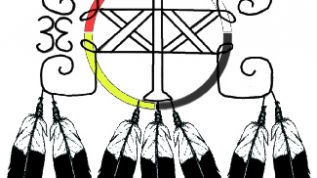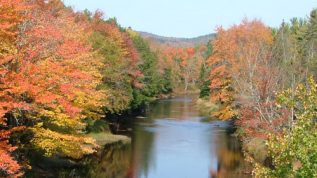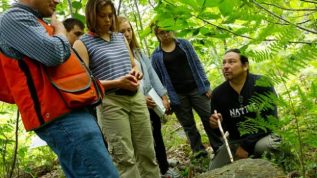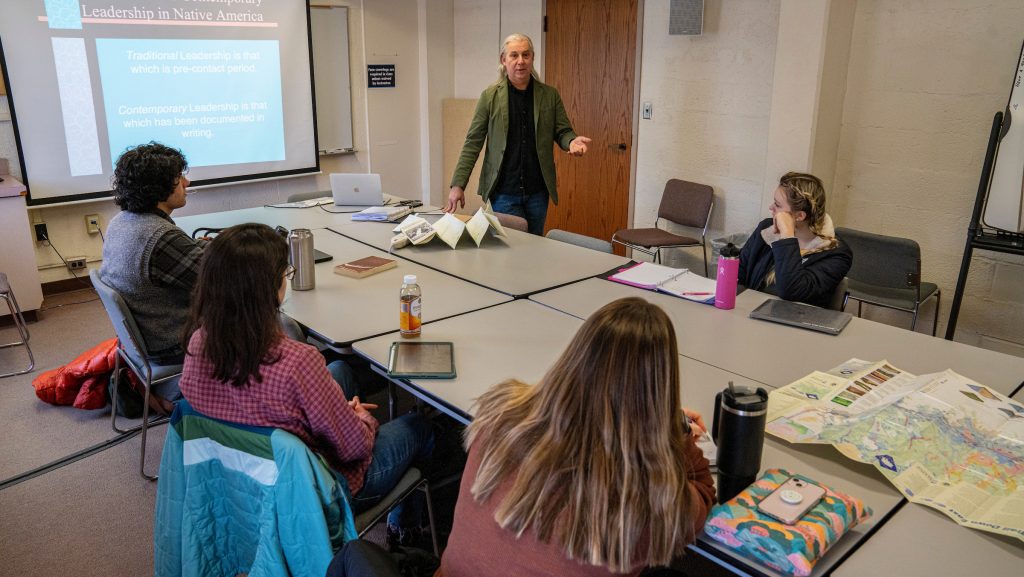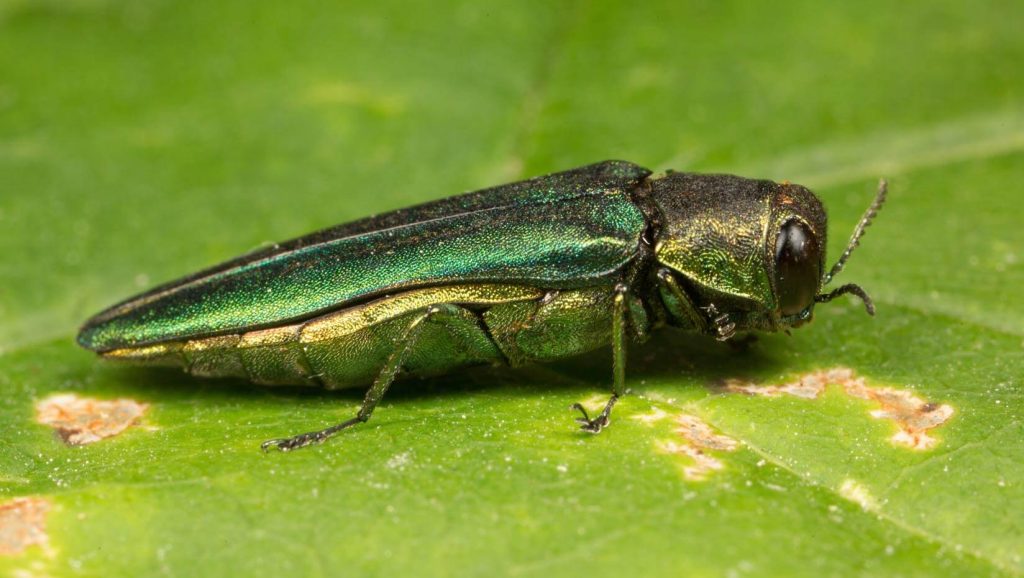Welcome to Native American Programs at the University of Maine! Here, you can access information about Native American Studies, the Wabanaki Center, the Native American Waiver and Education Program, and information about University of Maine programs that promote, support and provide educational opportunities for and about Wabanaki peoples across the State of Maine and beyond!
Native American Programs News
University of Maine Land Acknowledgement
The University of Maine recognizes that it is located on Marsh Island in the homeland of the Penobscot Nation, where issues of water and territorial rights, and encroachment upon sacred sites, are ongoing. Penobscot homeland is connected to the other Wabanaki Tribal Nations—the Passamaquoddy, Maliseet, and Micmac—through kinship, alliances, and diplomacy. The University also recognizes that the Penobscot Nation and the other Wabanaki Tribal Nations are distinct, sovereign, legal and political entities with their own powers of self-governance and self-determination.

